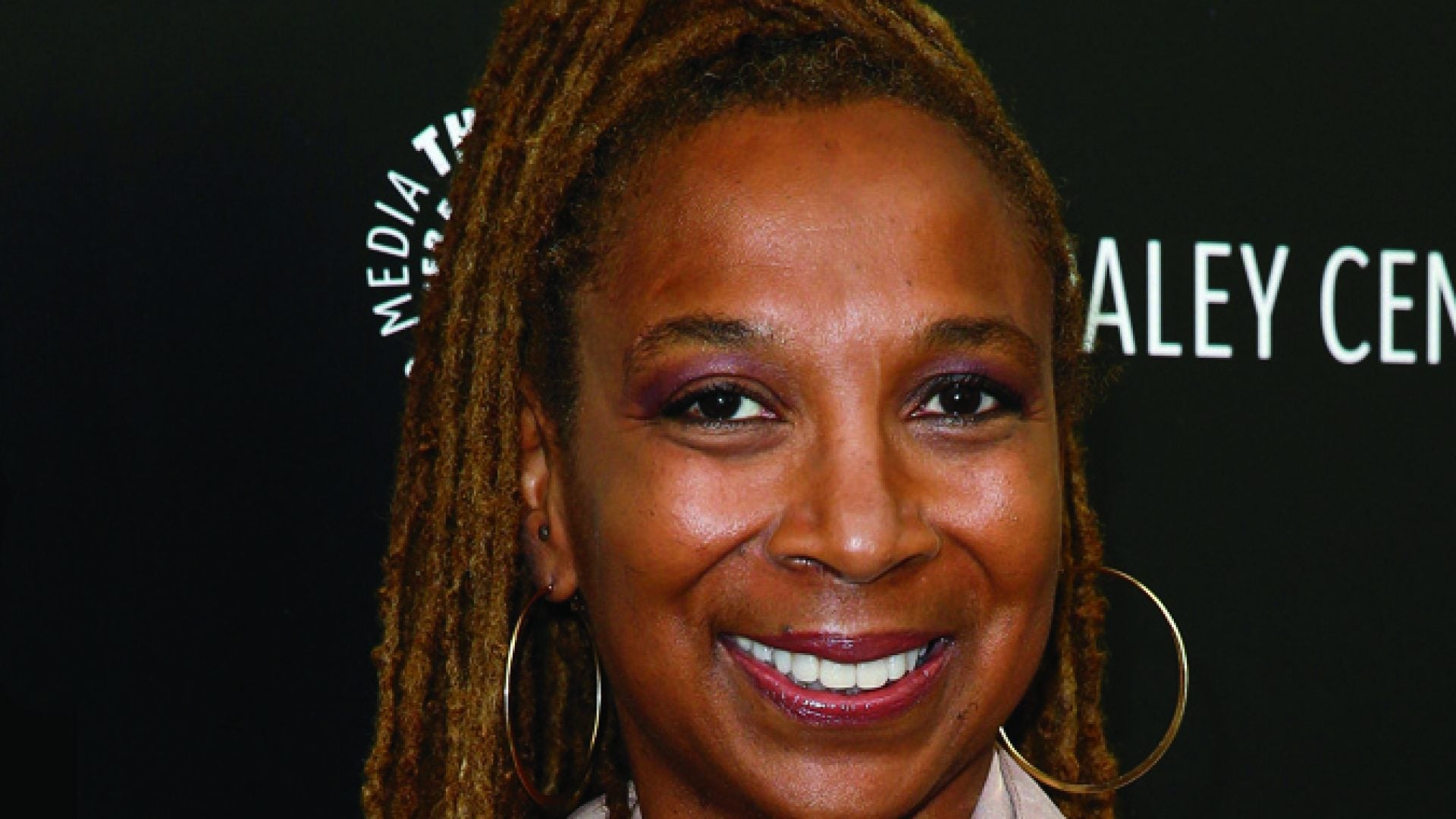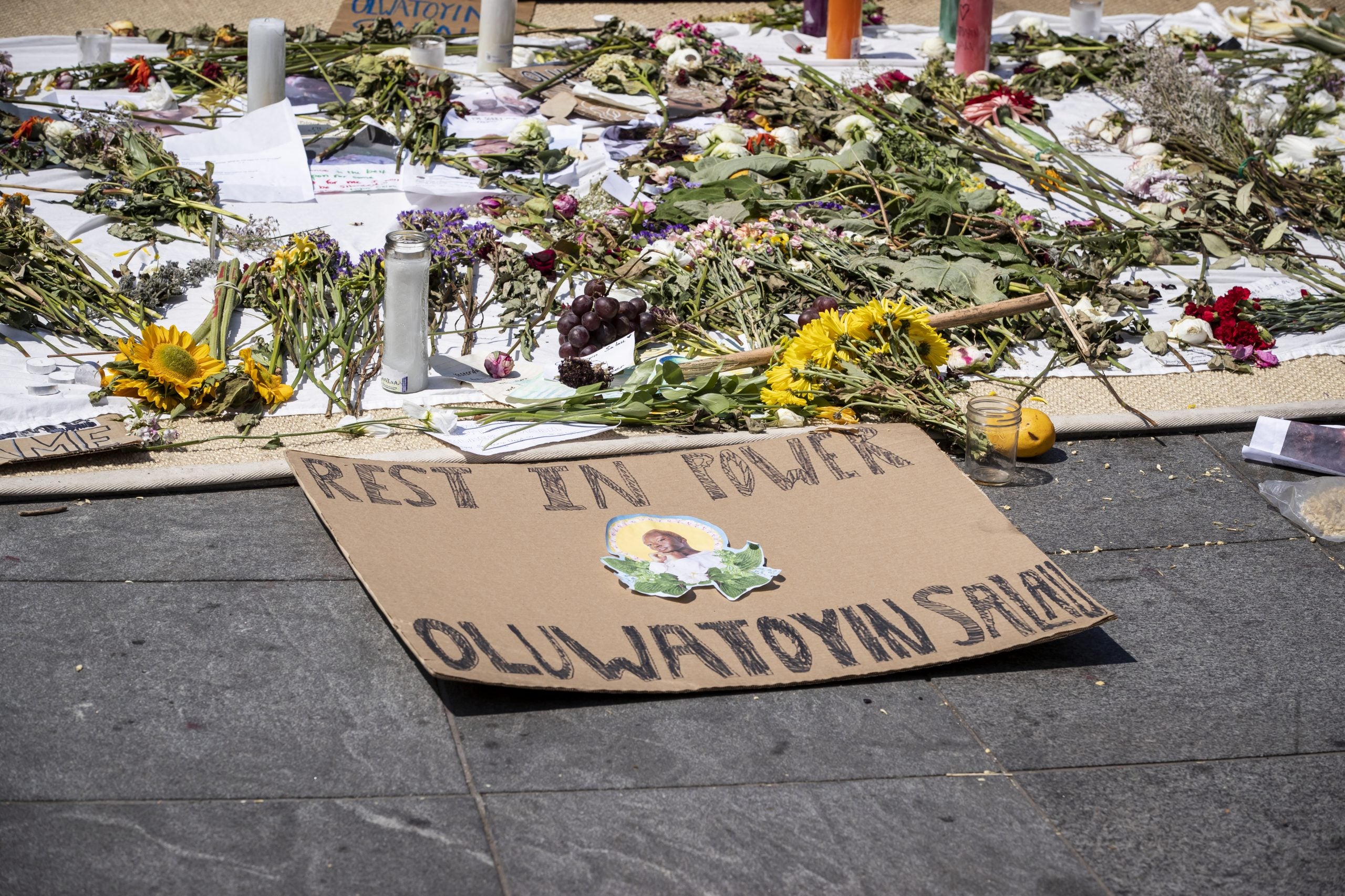
Black women’s lives are precarious. We have long been more likely to be killed by police than our white peers are; and for generations, we’ve also been more likely than white women to be killed by a partner, to be arrested, and to die while giving birth. Yet our stories seldom serve as rallying cries for racial justice.
In this year of upheaval, when the killing of Breonna Taylor has driven the truth of Black women’s precarity into the national consciousness, I’ve often considered this heartbreaking question: Would we be mobilized in the same way if Breonna had lost her life outside of this unrelenting season of Black death—if she had been a singular case of a botched police raid, rather than part of a trio that includes Ahmaud Arbery and George Floyd?
Until we can confidently answer that question in the affirmative—until we can say that Black women’s need for safety compels political action and community mobilization in the same way as men’s—then the realities of our oppression will remain an afterthought in the burgeoning awareness around anti-Black racism.
There are two stories that might be told about 2020. It could, quite possibly, be a blip in our understanding of anti-Black violence—it could be that Breonna’s name is one of the few we know when we talk about police violence against Black women. Or it could enlighten us to the fact that Black women’s susceptibility to state violence requires a reassessment of the narratives of vulnerability—and prompts a recognition of all of the ways that Black women and girls have suffered violence silently. It could be a year when we vow that young sisters like Oluwatoyin “Toyin” Salau will no longer die by the hands of men we trust, whose lives we protect through protest even while burying the fact of our own exposure to violence from all directions.

Black women have been key to the production of this nation’s massive wealth since arriving on American shores in chains over four centuries ago. The industrialized rape of our foremothers is the ugly and uniquely gendered underbelly of white supremacy; but justice for us has never been central in the resistance to it. That legacy must be roundly repudiated—and it can be, once we start telling stories of anti-Black racism that are too seldom heard.
KIMBERLÉ CRENSHAW is the Co-Founder and Executive Director of The African American Policy Forum, the host of the podcast Intersectionality Matters!, the moderator of the webinar series Under the Blacklight, and a Professor of Law at University of California, Los Angeles, and Columbia Law School.